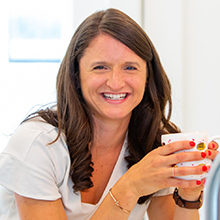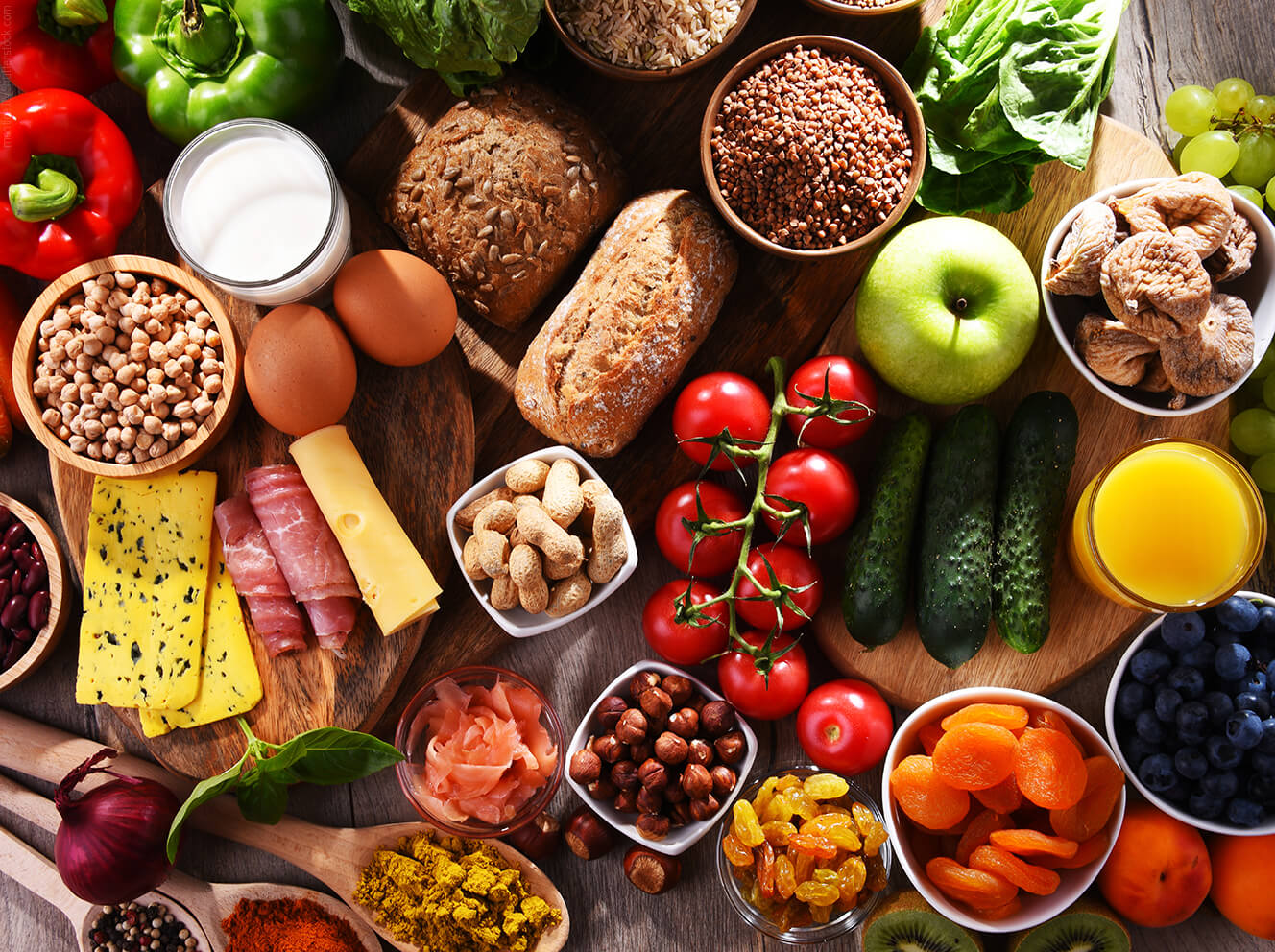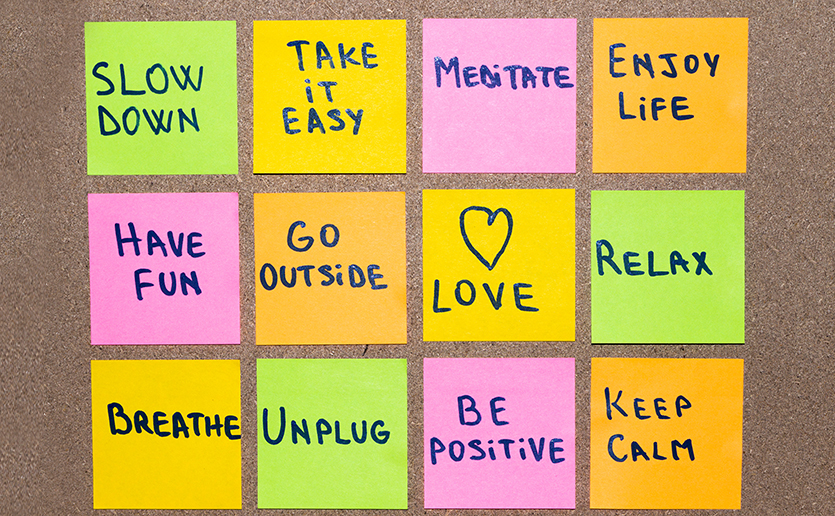We’ve been through a lot in the past two years and food has played an important role for many of us during times of crisis and concern. But now we’re in a brand new year, one that we hope will have a far less stressful series of events on tap. We look forward to enjoying food with family and friends a little more, and to embrace healthy options along the way. Here, six Mass General dietitians share their insights on how to do that successfully. Happy New Year!
Broccoli, Brussels Sprouts and Cabbage!
The new year is often a time for self-reflection on how to treat our bodies a little better. This does not require detoxing, especially by using expensive supplements that claim to neutralize harmful compounds. While some of the things we consume support the body’s natural detoxification processes and aid in the removal of harmful compounds, taking detox products is usually poorly researched and sometimes unsafe. If your goal is to feel better and reduce risk of diseases, there is a better evidence-based option.
Try to eat more plants. In particular, consumption of cruciferous vegetables, like broccoli, Brussels sprouts, and cabbage, has been shown to alter the gut microbiome and encourage production of chemicals in the body that may help detoxify carcinogens and attack cancer cells. While there is still more research to be done on this front too, regularly eating these vegetables is associated with lower risk of diseases, like cancer. And that’s a detox plan I can get behind.

Consider Plant-Based Eating
As an outpatient dietitian, I get questions about diet trends. A lot of questions. The one diet trend that has come up in conversation often this year, and that I actually encourage, is ‘plant-based’ eating. Following a plant-based diet doesn’t necessarily mean just vegan or vegetarian; but rather, making the majority of any meal or snack from plants. Plant-based foods include fruits, vegetables, legumes, nuts, seeds, and (whole) grains. A plant-based diet is generally lower in saturated fats and higher in fiber, which is associated with reduced risk of chronic diseases.
Interested in following a more plant-based diet in the new year? Great! Here’s what I recommend:
- Meatless Mondays (Or Tuesdays!) | Pick one night a week to have a vegetarian or vegan meal
- Start The Day With Oatmeal | Add fruit and nut butter (or seed butter)
- Choose Plant-Based Fats | Avocados, nuts, seeds, olive oil (just skip the coconut oil)
- More Beans or Lentils | Make soups or chilis that are half lean meat and half beans
- Add Greens | Build your meal with a base of leafy greens (like spinach, arugula, kale, lettuce)

Check in with Yourself
This time of year can be particularly daunting for anyone who struggles with overeating (or undereating) or uses food to cope with emotions. For those of us who find it hard to get in tune with hunger and fullness cues or have learned restrictive eating behaviors from dieting, eating can become overwhelming and anxiety-producing. Here are a few questions to ask yourself to check in:
- How does my body tell me that I’m hungry (eg. grumbling stomach, brain fog, fatigue, irritability, anxiousness, etc)?
- How does my body tell me that I’m full (eg. feeling content/satiated)?
- Do I have any big emotions around my hunger right now (eg. stress, anger, guilt)?
- Am I feeling physical hunger (need for nourishment) or emotional hunger (need for connection)?
- What food choices would best fulfill my needs at this moment?
Try to listen to what your body is telling you. And be kind to yourself. Happy New Year!

Enjoy Your Food!
Food is life. Food is JOY! Food is family and friends, taste and health, celebration and holiday spirit.
Food has tremendous capacity to bring joy. But during holidays and celebrations throughout the year, some of us also worry about eating too much or eating certain foods we might not otherwise eat. This is particularly true as we head into the New Year with resolutions to lose weight or “eat better” or follow this year’s latest diet. We are bombarded with messages to “eat this” for health, “eat that” for weight loss, and definitely don’t eat too many holiday cookies if you want to kick off your New Year’s resolution on the right foot. With all of the noise around food, we sometimes forget to actually enjoy the food we are eating.
As we head into 2022 — and around the many holidays and celebrations throughout the year — try something different: when you buy food, cook food, and eat food, pause a moment. Instead of judging the foods you are eating, think about the joy they will bring you. Make choices that bring you health and bring you joy. Savor the taste of the nutmeg in your holiday eggnog and the chocolate heart on Valentine’s day. Enjoy the smell of vegetables roasting in your oven and the birthday cake cooling on your counter. Relish in the company of family cooking a meal together, and the conversation being had over the dinner table. This year, make a resolution to let go of the stress around food and instead let food bring a smile to your face and joy to your heart. ENJOY!

Focus on Eating Patterns, not Perfection!
A growing body of evidence supports the idea that dietary patterns positively influence health and help prevent chronic diseases. That’s why dietary patterns (rather than hyper-focusing on a particular nutrient) are highlighted in the USDA Dietary Guidelines for Americans.
No matter what your diet is, there’s a realistic way to ‘edge the needle’ closer to a healthier pattern. It might be adding more fiber-rich foods each day, swapping olive oil for butter, or opting for plant-based meals in place of meat.
If the challenges of the last two years have taught me anything, it’s that we need to be kind, not only to each other, but to ourselves. Slowly moving towards a healthier eating pattern means something different for everyone and can be done in a slow and thoughtful way. It is a more realistic and kinder approach versus restriction or aiming for the ‘perfect’ diet. And it has the data to back it up!
Here’s to a kinder and healthier 2022!

Find your “Why” and Setting Your Goals
If eating healthier is a goal, ask yourself WHY you are motivated to make this change. Consider the difference between these two statements:
- I want to change the way I eat.
- I want to eat more nourishing foods that will give me the energy to keep up with my small children, and help prevent diet-related illness that runs in my family.
Once you’ve identified the deeper reason, you can make that goal more specific, action-oriented, relevant and time bound — also known as a SMART goal. SMART goals give you more direction, help you organize goals into smaller manageable chunks and help build confidence. For example, you may know what to eat, and enjoy healthful foods, but are tight on time. Maybe your goal would address the time issue by making a couple of items ahead of the work week such as a whole grain and a couple of baking sheets worth of roasted vegetables. Pair these with some beans or nuts, and a simple dressing of lemon, balsamic and extra virgin olive oil and you will always have something on hand for dinner. Finally, add in the time bound piece by deciding to commit to this for two weeks and re-evaluate.






